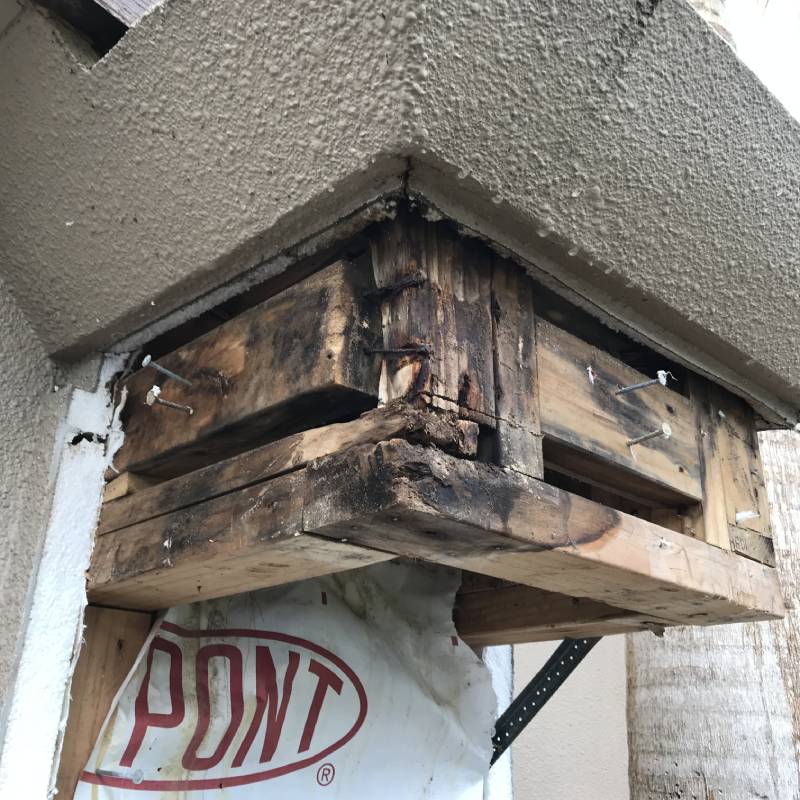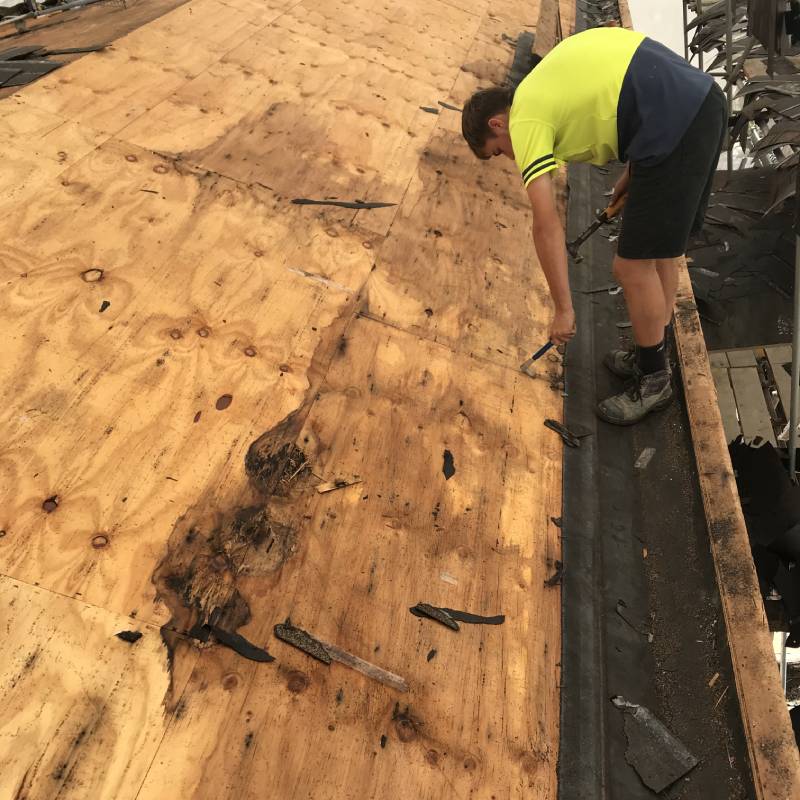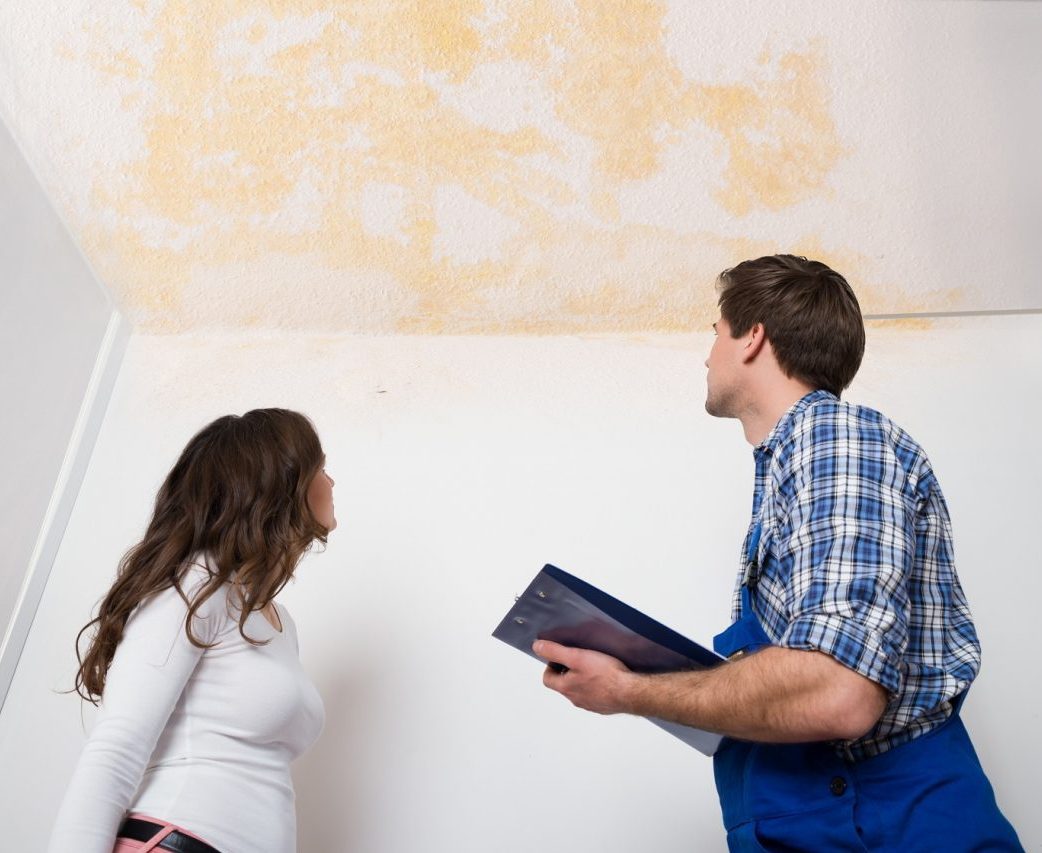New Zealand’s housing market is on the upswing, with little to no signs of it slowing down any time soon. While every year the median house price rises, we’re seeing more and more home buyers attempt to extend their current real estate portfolio and first home buyers attempt to get onto the property ladder through increasingly drastic means.
With that in mind, if fortune favours the bold, then perhaps purchasing a leaky home could be a means of acquiring property significantly under market value. This highly stigmatised section of New Zealand’s property market can be listed 30-40% under their RV. With a housing market that seems to go up every time you blink, this may seem like an opportunity that should be seized as quickly as possible…
…but before you do that, it pays to understand what you may be getting yourself into. If you’d like to discuss leaky home remediation in detail please contact us right away.

A house being labelled a “leaky home” is feared by Kiwi’s for a reason. It refers to a home that was built between 1993-2004, in which changes in New Zealand’s building act had resulted essentially in a lack of quality controls surrounding construction. Building consents were handed out without the correct documentation or inspections, and workmanship was done to a lower quality as builders cut corners due to the loosening of these regulatory processes. These issues were exacerbated by a trend in Mediterranean plaster houses. This style of home design had multiple features that needed meticulous planning and execution to ensure weathertightness. Unfortunately, the lack of accountability and oversight in the construction sector at the time resulted in a disproportionate amount of houses taking on moisture within their walls, damaging and decaying timber. In more severe cases this damage made the buildings unsafe to even reside in.
The leaky home crisis has affected over 42,000 homes to date. Even though almost a decade has passed since this blight on New Zealand’s building industry, there are still homes on the market with the leaky home label.
If you are thinking of purchasing a leaky home there are some major factors to be aware of before proceeding to do so. Firstly, while a home may be labeled as a leaky home, the nature of water damage makes it almost impossible to know the full extent of the problem until the cladding is removed from the house. While this may not be a problem if your intention is to demolish the home and build a new one on the land, if your plan is to renovate the existing home it can be a huge gamble. The train of thought around a leaky home purchase is leveraging the savings on the buying price against the cost to repair and reclad the home. Ultimately doing this is a roll of the dice, as extensive damage to a home may exceed the savings on purchasing the house at which point demolishing it may be a better option…leaving you without a house to live in until the new home is constructed.


Another strike against buyers is the lack of support from the bank. If you already have property you can leverage against a new mortgage for a leaky home, and the bank MAY offer you a backing of 50%. This means that you will have to provide a 50% down payment. This may be worth it if the location is worth the renovation, but it is an investment that needs to be thought about through before going ahead. As for first home buyers with no collateral to offer against their purchase? There is a high chance the bank will flat out deny you a mortgage. With New Zealand’s property as hot as it is, most banks don’t think leaky houses are a risk worth taking.
One of the few exceptions to a leaky home being a potentially worthwhile investment is in the case where you are either after the land it sits on and are wanting to build a brand new house, or if the initial damage allows you to move into it and repair it over time. The latter example may suit someone that is already a builder and has the skills to begin the task, but even this involves keeping your fingers crossed that the damage isn’t too extensive once the cladding has been removed. It is also worth noting that there is some buyer hesitation even for homes that have been through leaky home remediation, as a lack of trust will often lead future buyers to attempt to negotiate the price down based on the former” leaky home” label.
In conclusion, buying a leaky home is a decision that shouldn’t be taken lightly. While it may knock $300,000 off the RV of the home, understanding the risk you may be entering into is your best bet. If you choose to go down this path, know that Renovation Works are leaky home remediation specialists. Whether you need to reclad your home to repair the damage done, or are looking for an experienced team to design and manage the construction of a new home to replace the leaky one, get in contact today to book a free, no obligations consultation.


